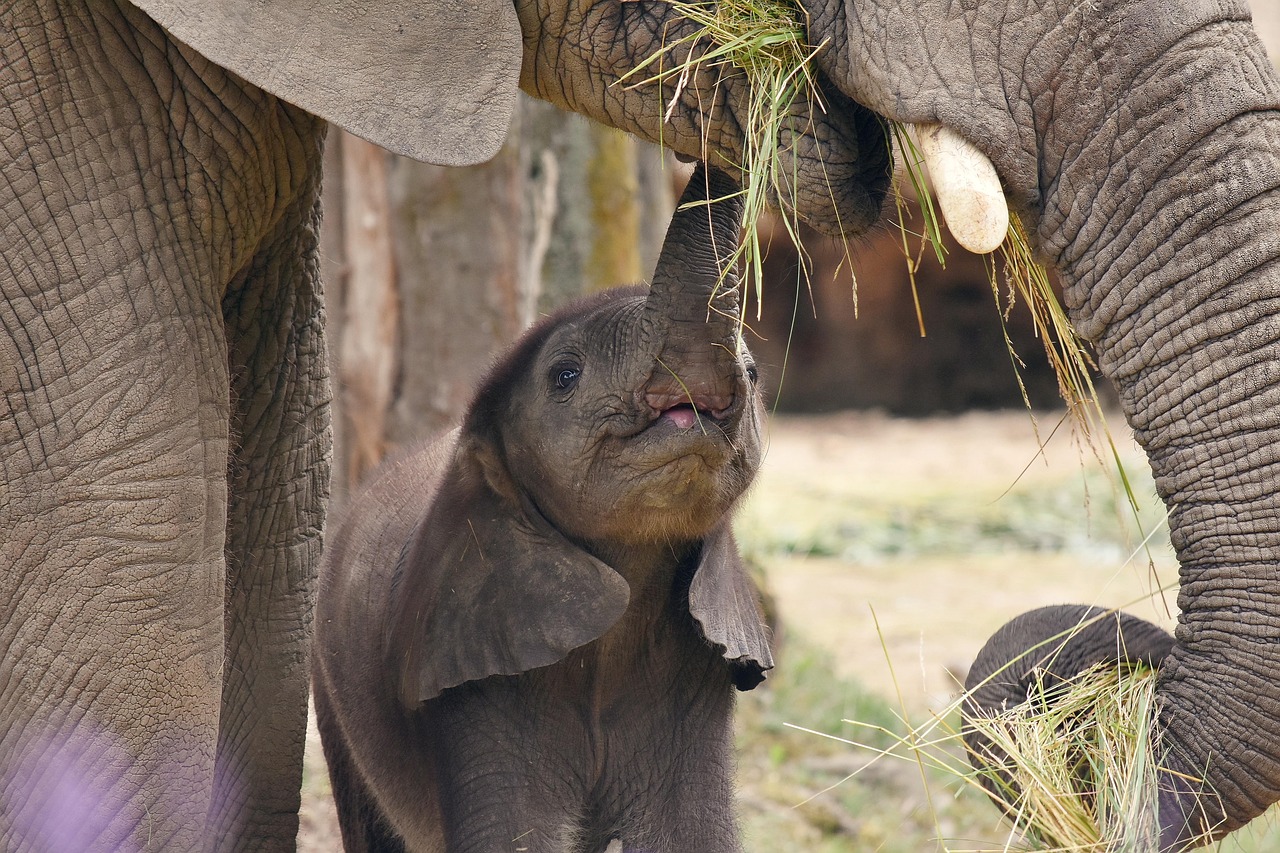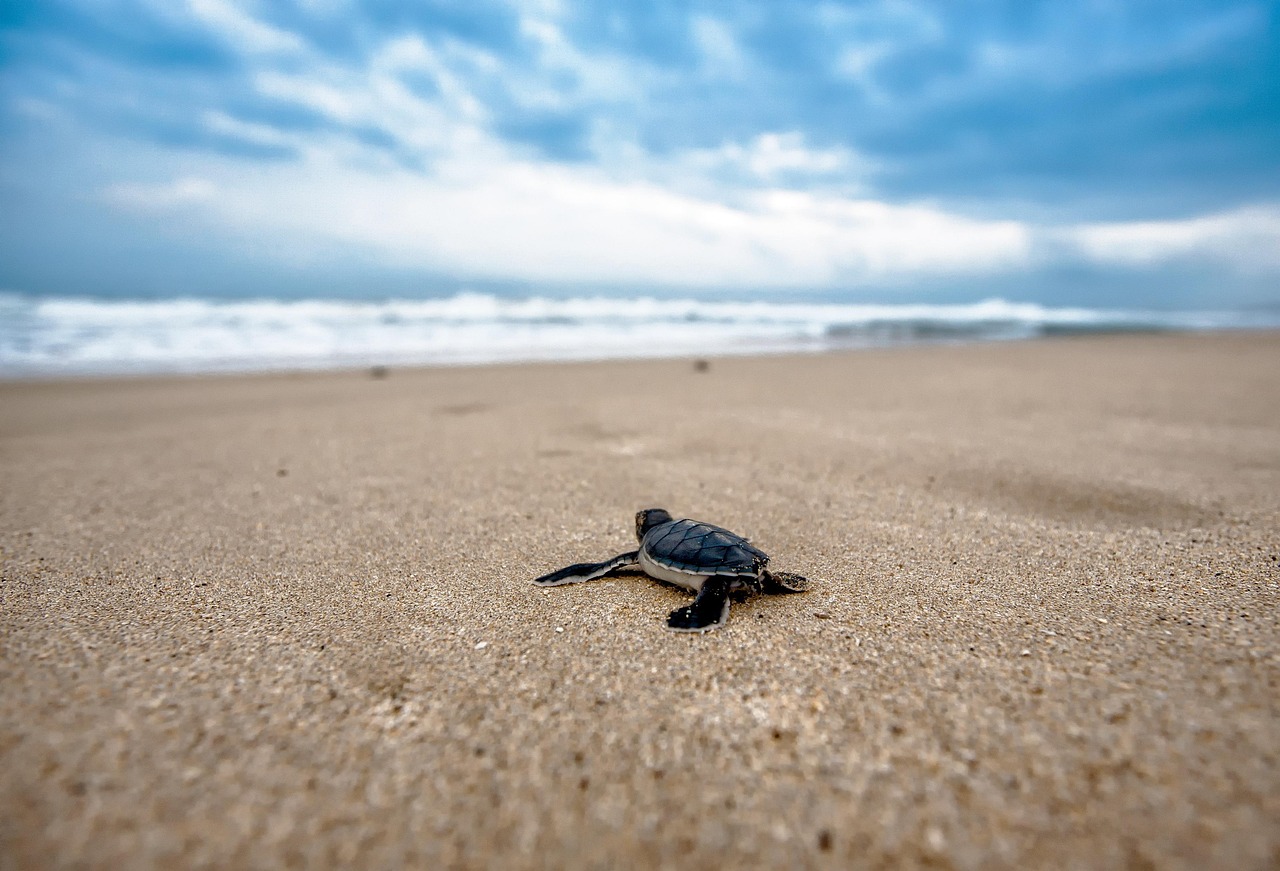
If you’ve ever dreamed of waking up to the sounds of the jungle, caring for injured animals, or helping protect endangered species, wildlife volunteering might be your perfect adventure. Around the world, vulnerable ecosystems and at-risk species are in urgent need of hands-on help, and your time, passion, and energy can make a real difference.
Whether you’re a gap-year traveler, a mid-career conservationist, or simply an animal lover looking for a meaningful escape, here are some of the top destinations where your efforts are needed most, and where you can gain unforgettable experiences in return.
 Costa Rica – Sea Turtle Conservation on the Pacific and Caribbean Coasts
Costa Rica – Sea Turtle Conservation on the Pacific and Caribbean Coasts
Why it’s critical:
Sea turtle populations face threats from poaching, plastic pollution, and climate change affecting nesting beaches.
Volunteer work includes:
-
Night patrols to protect nests
-
Hatchling releases
-
Beach cleanups and community education
Best time to go: Varies by species, but July–December is peak nesting season
 South Africa – Big Five and Marine Wildlife Conservation
South Africa – Big Five and Marine Wildlife Conservation
Why it’s critical:
From lions and rhinos to sharks and penguins, South Africa is home to diverse ecosystems — all under pressure from poaching, pollution, and climate change.
Volunteer work includes:
-
Inland: Wildlife tracking, anti-poaching patrols, and ecological research in private game reserves
-
Coastal: Monitoring great white sharks, rescuing injured seabirds and marine mammals, conducting beach cleanups
Popular marine areas: Gansbaai, Cape Town, Plettenberg Bay
Popular wildlife areas : Greater Kruger National Park, Eastern Cape
Best time to go: May to September for inland safaris; June to November for marine life (especially whale watching season)
 Greece – Sea Turtle and Coastal Wildlife Conservation
Greece – Sea Turtle and Coastal Wildlife Conservation
Why it’s critical:
Greece is a vital nesting ground for the loggerhead sea turtle (Caretta caretta) and home to important marine ecosystems. Coastal development, pollution, and tourism threaten both land and sea species.
Volunteer work includes:
-
Monitoring sea turtle nests on Mediterranean beaches
-
Protecting hatchlings and conducting night patrols
-
Cleaning and restoring habitats (beaches, dunes, wetlands)
-
Educating tourists and local communities
Hotspots: Zakynthos, Peloponnese, Crete, and Kefalonia
Best time to go: May to October (nesting and hatching season)
 Thailand – Elephant Sanctuaries and Rescue Work
Thailand – Elephant Sanctuaries and Rescue Work
Why it’s critical:
Many elephants suffer in tourism and logging industries. Ethical sanctuaries need help to provide them a safe home.
Volunteer work includes:
-
Feeding and bathing elephants
-
Habitat maintenance
-
Supporting sustainable tourism initiatives
Best time to go: November to February (cool and dry)

 How to Choose the Right Program
How to Choose the Right Program
When picking a wildlife volunteering program, consider:
-
Accreditation and ethics – Avoid programs that allow petting or close contact with wild animals unless for rehabilitation under expert care.
-
Impact – Look for long-term conservation goals, not just tourist experiences.
-
Local involvement – The best programs support local communities and build sustainable conservation strategies.
Reputable platforms like GoEco, Projects Abroad, Volunteering Solutions, and WWOOF (for eco-focused work) can help you find responsible options.
Travel With Purpose
Wildlife volunteering lets you see the world from a new perspective, not as a tourist, but as a contributor to something meaningful. It’s a chance to give back to the planet, connect with passionate people, and witness nature at its most raw and beautiful.
So if you’re ready to swap the usual sightseeing for tracking elephants or protecting sea turtles, pack your boots and your heart. The wild is calling, and it needs your help.

Leave A Comment